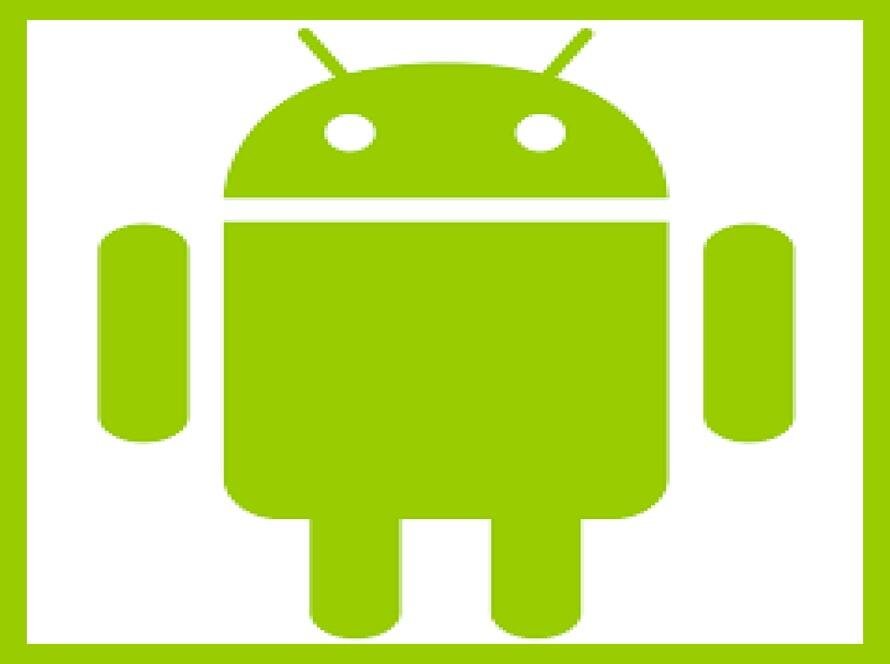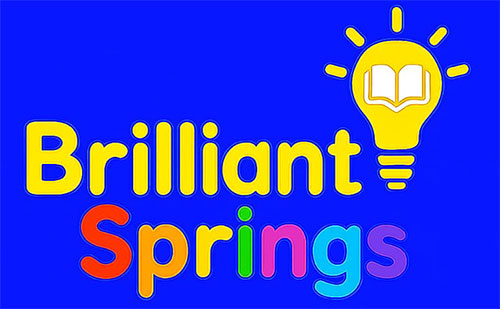Android App Development introduces students to the world of mobile technology by teaching them how to design, build, and publish real Android applications.
Using beginner-friendly tools like MIT App Inventor and Thunkable, students learn to create apps through visual programming — no prior coding experience required!
By the end of the course, they will have designed and developed their own fully functional Android app.
🔹 Key Topics Covered in Android App Development
- App Basics: Understanding Android, mobile platforms, and types of apps
- User Interface Design: Layouts, buttons, images, text fields, and screens
- Event Handling: Making apps interactive with clicks, touch, and animations
- Sensors & Location: Using accelerometer, GPS, and maps
- Data Storage: Storing user data with variables, lists, and TinyDB
- Networking & APIs: Connecting apps to live data (e.g., weather, news)
- Multimedia Integration: Adding images, sounds, and camera features
- Cloud Database (Firebase): Login, signup, and real-time data sharing
- Artificial Intelligence: Building simple AI features like chatbots
- App Security & Testing: Safe coding, debugging, and app optimization
- Capstone Project: Plan, design, and publish your own Android app
🔹 Why Learn Android App Development?
- Encourages creativity and innovation through real-world app projects
- Builds problem-solving and design-thinking skills
- Helps students understand how mobile apps work — from idea to deployment
- Great for school projects, coding competitions, and portfolios
- Opens a path toward future careers in mobile and software development
- Empowers students to create their own apps and share them globally
Curriculum
- 1 Section
- 1 Lesson
- 12 Weeks
Expand all sectionsCollapse all sections
- Android App Development1


